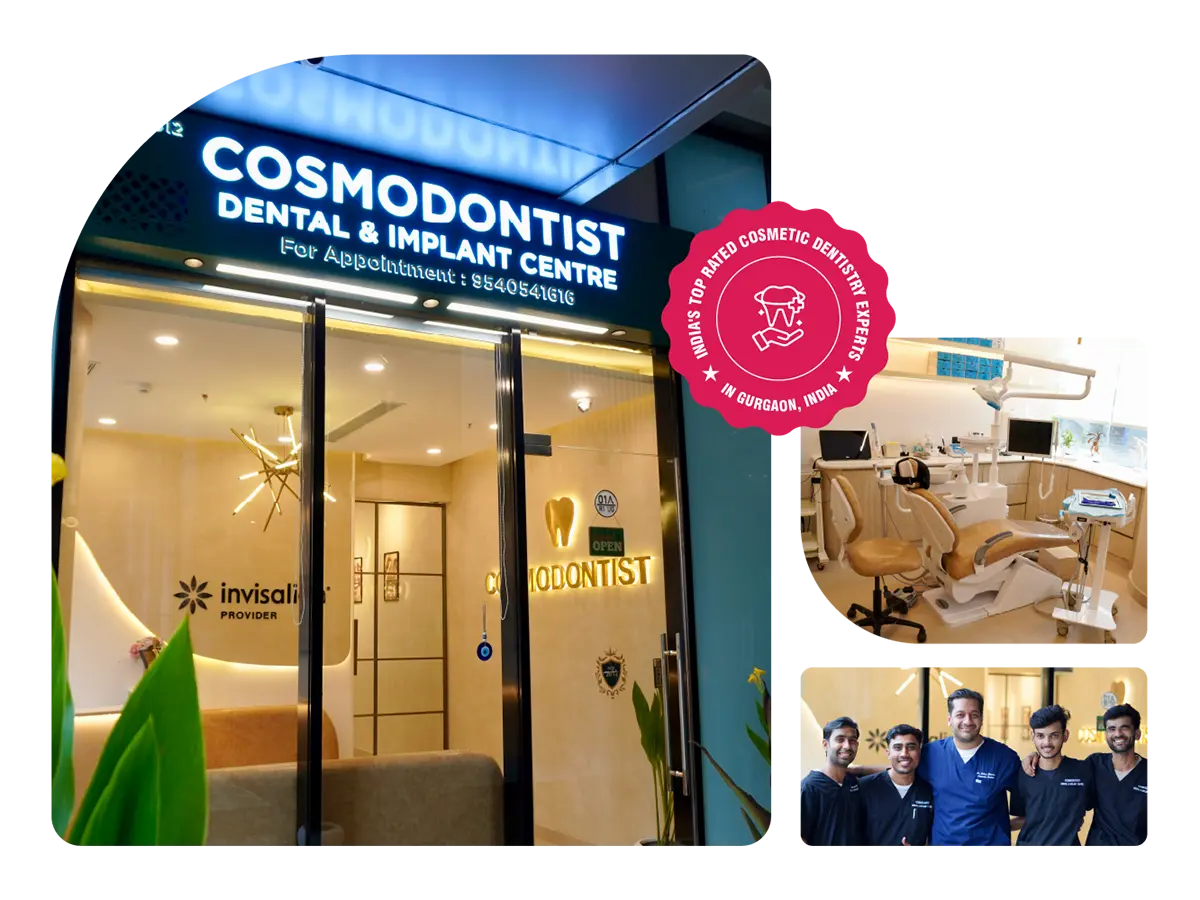
The All-on-4 treatment concept graft-free option that offers patients a permanent full-arch prosthesis immediately after the surgery. This approach is typically recommended for individuals who lack sufficient bone level.
It is a technologically advanced dental implant treatment that basically provides patients with a new set of teeth either on their lower or upper jaws or both the jaws in a single day. Ofcourse, we can replace your teeth on the same day to give you a new smile.

Step 1
Examine and planning in determining if All-on-4 implants are suited for patient

Step 2
Prepare surgical template prior to dental implant surgery

Step 3
Teeth extraction (if required) and dental implant post placement

Step 4
Fix final prosthetics of hybrid bridge on dental implant posts including re-checks and re-adjustments

The multi unit abutments come in 3 different styles
Advantages of All-on-4® treatment concept
The All-on-4 treatment concept is an affordable and graft-free option that offers patients a permanent full-arch prosthesis immediately after the surgery. This approach is typically recommended for individuals experiencing dental problems.
Imagine walking into a dental clinic with missing or failing teeth and walking out the same day with a brand-new smile. That’s exactly what the All-on-4® treatment concept offers — a reliable, scientifically backed, and patient-friendly approach to full-mouth restoration.
This technique allows for the placement of a fixed full-arch prosthesis using just four dental implants, all in a single day — with no need for bone grafting in most cases. It’s a practical and cost-effective option for people who want to restore their smile, function, and confidence without going through multiple surgeries or drawn-out procedures.

All-on-4 is a dental implant technique where a full set of upper or lower teeth is supported by only four strategically placed implants. These implants serve as anchors for a fixed prosthesis (bridge or denture), offering a stable, long-term solution for patients with missing teeth.
The placement of implants is carefully planned:
These four implants form a solid foundation for a custom-designed full-arch restoration, which can often be attached on the same day as the implant surgery.
Why Choose All-on-4?
This method has become a go-to choice for full-mouth rehabilitation for several reasons:
The All-on-4® treatment concept is an advanced dental solution for patients who have lost most or all of their teeth. Using just four strategically placed dental implants, this technique supports a full arch of teeth—offering a permanent, natural-looking replacement for dentures or failing teeth.
This innovative method offers multiple benefits:
The total cost of All-on-4® in India (including Gurgaon) typically starts from ₹2.5 lakhs onwards, depending on case complexity, materials used (acrylic vs. zirconia), and the clinic’s technology and expertise.
Exact pricing is provided after a detailed consultation with an implant specialist. It includes 3D scans, diagnostics, and a customized treatment plan.
The process involves a clinical assessment, digital imaging, and a surgical phase where implants are placed. Your final fixed teeth are crafted for long-term function and aesthetics, tailored just for you.
The Treatment Process
Here's what you can expect:
Initial Consultation & Planning
Your dentist will perform a full assessment — including scans and digital impressions — to determine your eligibility for the All-on-4 approach.
Implant Placement
On the day of the procedure, the implants are surgically placed into the jawbone under local anesthesia or sedation, depending on your comfort needs.
Immediate Prosthesis (in many cases)
A temporary but fully functional set of teeth is often attached right away, allowing you to leave with a full smile the same day.
Healing & Integrationt
Over the next few months, the implants will naturally fuse with your jawbone — a process called osseointegration.
Final Prosthesis
Once healing is complete, your permanent custom prosthesis is created and secured to the implants for long-term use.
All-on-4 may be an ideal solution if you:
While All-on-4 offers many advantages, it's not the right fit for everyone. A thorough evaluation is essential to make sure you’re a good candidate.
Also, like any dental treatment, long-term success depends on good oral hygiene, routine check-ups, and avoiding habits like smoking that can compromise implant health.